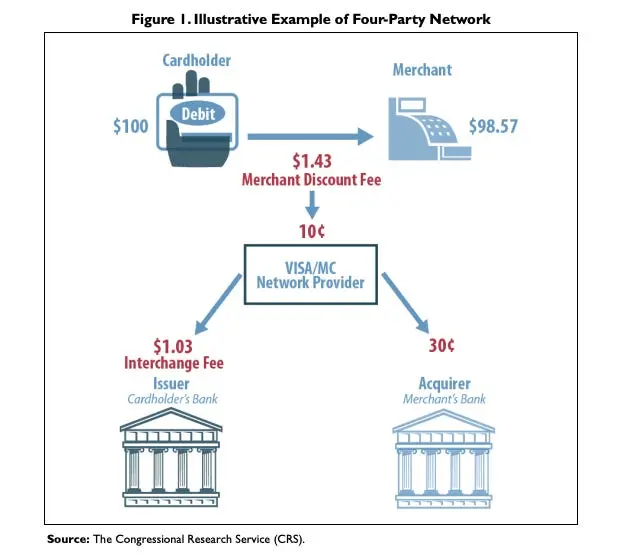

That bug tracker is in MS Github - a place I will not go. And I have yet to find an organised or simple way to find downstream trackers. I generally check Debian but when a pkg is not in official Debian then I report to !bugs@sopuli.xyz and !bugs_in_services@sopuli.xyz.









One of the big problems social and collaboration platforms is people go to where the people are, like Lemmings, with disregard to principles and ethics. I go to the ethical venues regardless of where the people are. Instead of feeding a harmful network effect, I would rather feed free and open spaces. If I were to contribute to MS Github, I would have to consider myself part of the problem.